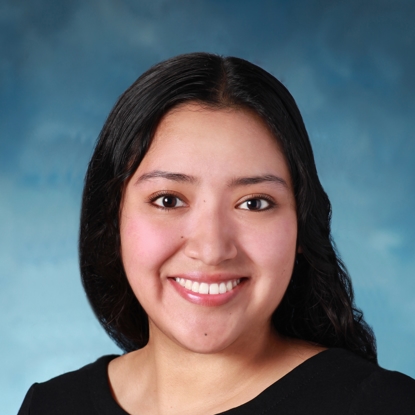
Family Immigration Visas in South Florida
Attorney Serving St. Lucie & Martin Counties & the Surrounding Areas
If you are looking to bring family members to the U.S. as permanent residents, you need to first secure experienced legal help to ensure you can successfully navigate the complex process. At The Gaston Law Firm, P. A. our South Florida immigration lawyers can help you understand the process and make it as smooth as possible to keep your family together.
Our firm has been assisting clients with their immigration goals for a decade, and we have an exceptional familiarity with U.S. Citizenship & Immigration Services and the immigration process as a whole. We serve a wide range of clientele looking to come to the U.S. for brief periods or longer stays for work or other reasons. You can trust us to make your goals our own.
How Can I Bring My Fiancé(e) to the U.S.?
If you intend to bring your fiancé to the U.S. in order to marry them, you will need to apply and earn a K-1 nonimmigrant visa for them to enter the country. To begin the process of applying for a K-1 visa, you will need to file Form I-129 Petition for Alien Fiance(e).
For a K-1 visa, you will need to demonstrate the following:
- As the person filing, you are a U.S. citizen
- You mean to marry your fiancé within 90 days of their entering the U.S.
- Both you and your fiancé can marry and you are both free of any previous marriages
- You have each met one another at least once in the last two years of filing your petition unless doing so would violate cultural norms of your finance or would result in extreme hardship to you.
After obtaining your visa, your finance will be able to remain in the U.S. for 90 days until your marriage can take place. After this, your spouse can apply for permanent residence and stay in the U.S. during the application process.

-
How We Can Help You?
"Building American Futures" - The Gaston Law Firm, P.A.
-
 Immigration
Immigration -
 Fiancé Visa
Fiancé Visa -
 Parent/Children
Parent/Children -
 Spouses Visas
Spouses Visas -
 Children Visas (Sons & Daughters)
Children Visas (Sons & Daughters) -
 Sibling Visas
Sibling Visas
What If My Spouse, Parent, or Child Needs to Come to the U.S.?
If you are a citizen and wish to bring your spouse to the U.S., you will need to file Form I-130, Petition for Alien Relative. If your spouse is living outside the U.S. currently, the consulate or embassy in their home country will notify them that their application has cleared. If lawfully residing in the U.S., they will also need to file Form I-485, Application to Register Permanent Residence or to Adjust Status simultaneously.
Similarly, you can petition for your children and parents to come to the U.S. and live as permanent residents by filing Form I-130, Petition for Alien Relative along with submitting copies of relative documents such as their birth certificate.
Don’t Hesitate — Get Legal Help Now!
When so much is riding on the successful outcome of your immigration case, you need a dedicated South Florida immigration attorney behind you who fully understands the process and can handle every aspect of your case. Call The Gaston Law Firm, P. A. let us relieve you of the burden of bringing your loved one to the U.S. We serve areas throughout Florida including Fort Pierce, Stuart, Palm City, Vero Beach, Port St. Lucie, Okeechobee, Indiantown, and Port Salerno!
Begin your case by filing a case evaluation today—
(888) 388-6859!


Your Dedicated Legal Team
Guiding You Every Step of the Way


Hear From Our Happy Clients
At The Gaston Law Firm, P.A., your satisfaction is our priority! See for yourself what our clients have to say about working with us.
-
"My case went from impossible to me having my residency."
I want to thank The Gaston Law Firm for the excellent service they provided. I could not have received my Alien/Residency ...
- Kelvin -
"Excellent Service!"
I want to thank Mr. Gaston and his staff for the excellent service they provide. Since we had our first appointment Mr. ...
- F. P. -
"Knowledgeable & Professional"
The Gaston Law Firm handled my citizenship application, were not only professional but detailed, and were there to answer any ...
- Jose Sosa









